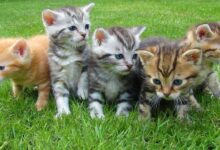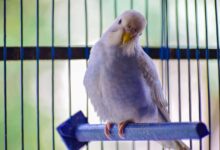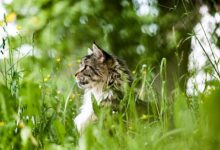Pony Power: 10 Reasons Why Ponies Make Perfect Family Companions (US)
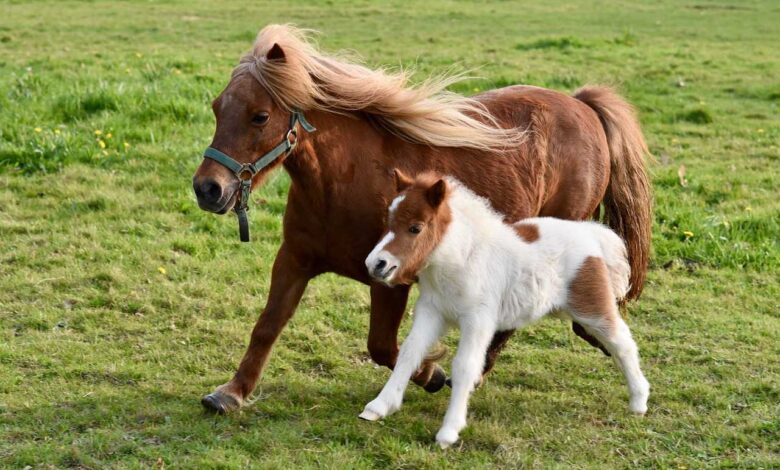
Ponies have long been cherished by families for their charm, manageability, and adaptability. As smaller equines, they bring the joy of horse ownership without some of the challenges associated with larger breeds. In this article, we explore five compelling reasons why ponies make perfect family companions, providing insights into finding the right pony for sale near you in the US, suitable breeds for children, and the practicalities of pony care and ownership.
Size and Manageability: Ideal for Children
Ponies are often the go-to choice for families with young children due to their smaller size and manageable nature. Their stature makes them less intimidating and more approachable for kids.
Small Horse Breeds for Children
Several pony breeds are renowned for their suitability for young riders due to their size, temperament, and versatility.
- Shetland Ponies: Standing between 28 to 46 inches tall, Shetland Ponies are robust and resilient. Their small size makes them perfect for younger children to handle and ride.
- Welsh Ponies: Known for their gentle disposition and intelligence, Welsh Ponies come in various sizes (A, B, C, and D types), with the smaller types being ideal for children.
- Connemara Ponies: Slightly larger, Connemara Ponies are versatile and can carry older children. They are known for their calm nature and excellent jumping ability.
Online Resources:
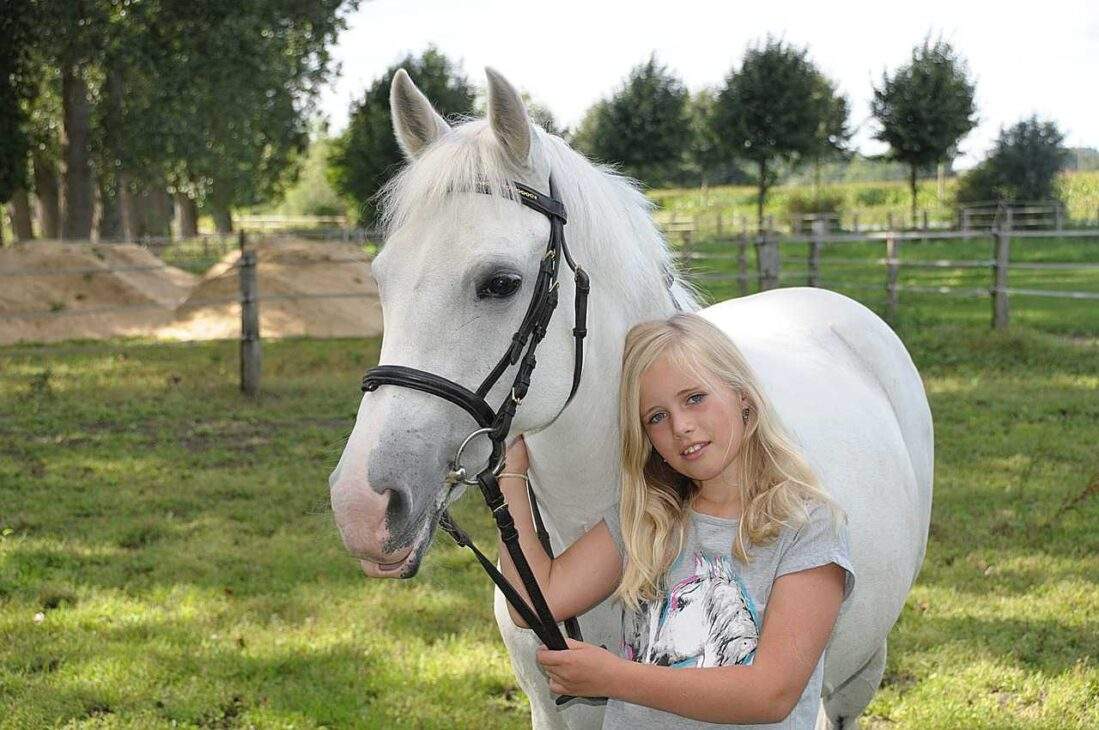
Affordability: Ponies as Budget-Friendly Companions
Owning a pony can be more affordable compared to larger horses, making them an excellent option for families looking for an affordable family horse.
Affordable Family Horse
The initial purchase price of a pony is often lower than that of a full-sized horse. Additionally, ponies tend to have lower maintenance costs due to their smaller size and dietary needs.
- Lower Purchase Price: Ponies generally cost less to buy than full-sized horses. Prices can vary based on age, breed, and training, but ponies are typically a more budget-friendly option.
- Reduced Feed Costs: Ponies consume less food than larger horses, which significantly lowers the ongoing cost of hay, grain, and supplements.
- Lower Vet Bills: Smaller equines often have fewer health issues related to weight and conformation compared to larger breeds, potentially reducing veterinary expenses.
Online Resources:
Low Maintenance: Easier Care and Upkeep
Ponies are generally low maintenance compared to their larger counterparts, which makes them appealing to busy families.
Low Maintenance Horse Breeds
Certain pony breeds are known for their hardiness and ease of care, requiring less intensive management.
- Icelandic Ponies: These hardy ponies are known for their resilience in harsh climates and minimal grooming needs.
- Haflinger Ponies: With their sturdy build and easy-going nature, Haflingers are low maintenance and suitable for beginners.
- Miniature Horses: While not technically ponies, miniature horses share many of the same low-maintenance characteristics due to their small size.
Online Resources:
- International Museum of the Horse
- The Horse Magazine
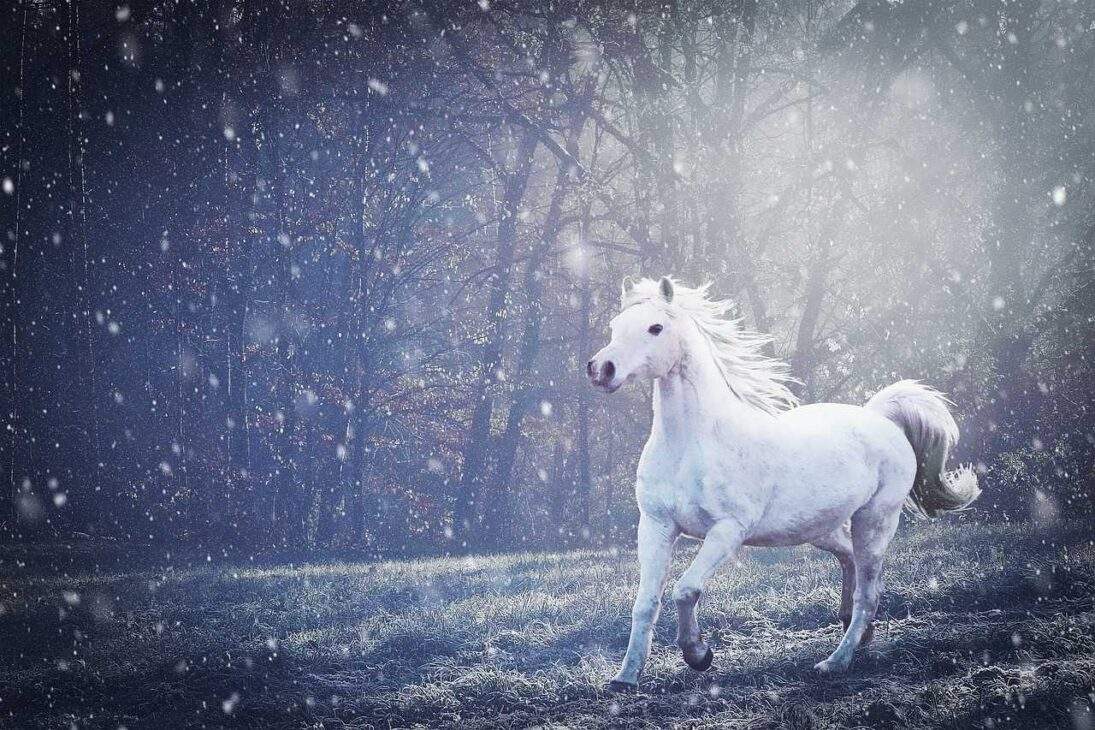
Accessibility: Leasing Programs and Boarding Facilities
For families not ready to commit to owning a pony, leasing programs and boarding facilities offer an excellent alternative.
Pony Leasing Programs
Leasing a pony can provide a taste of ownership without the long-term commitment and financial outlay.
- Trial Ownership: Leasing allows families to experience the responsibilities of pony care and riding before making a purchase decision.
- Flexible Terms: Leasing agreements can be customized to suit the family’s needs, ranging from short-term to long-term leases.
- Cost-Effective: Leasing often includes boarding and basic care costs, making it a more affordable way to enjoy the benefits of having a pony.
Online Resources:
Pony Boarding Facilities
For families without adequate space at home, boarding facilities offer a safe and supportive environment for ponies.
- Full-care Boarding: Includes feeding, cleaning, turnout, and regular health checks, allowing families to enjoy their pony without daily care responsibilities.
- Partial-Care Boarding: Families take on some responsibilities, such as feeding or grooming, which can be a cost-effective option.
- Training and Lessons: Many boarding facilities offer training services and riding lessons, enhancing the overall experience for both the pony and the family.
Online Resources:
- EquineNow Boarding Facilities
- BoardingStables.com
Family Bonding and Learning Opportunities
Ponies provide numerous opportunities for family bonding and educational experiences. From daily care routines to riding lessons, the entire family can participate and learn together.
Pony Training for Beginners
Training a pony can be a rewarding experience, teaching responsibility, patience, and empathy.
- Basic Training: Start with fundamental commands such as leading, stopping, and standing still. These basics form the foundation for more advanced training.
- Riding Lessons: Enroll children in pony riding lessons for children. Certified instructors can ensure safe and structured learning.
- Groundwork: Teach children how to handle ponies on the ground, including grooming, feeding, and basic health care.
Online Resources:
Financing Options for Buying a Pony
Purchasing a pony can be a significant investment, but various financing options can make it more accessible.
- Payment Plans: Some breeders and sellers offer payment plans to spread the cost over time.
- Loans: Equine-specific loans are available through certain financial institutions, providing flexible financing options.
- Grants and Scholarships: Organizations such as the United States Pony Clubs offer grants and scholarships to support young equestrians.
Online Resources:
- Equine Financing
- Farm Credit Services
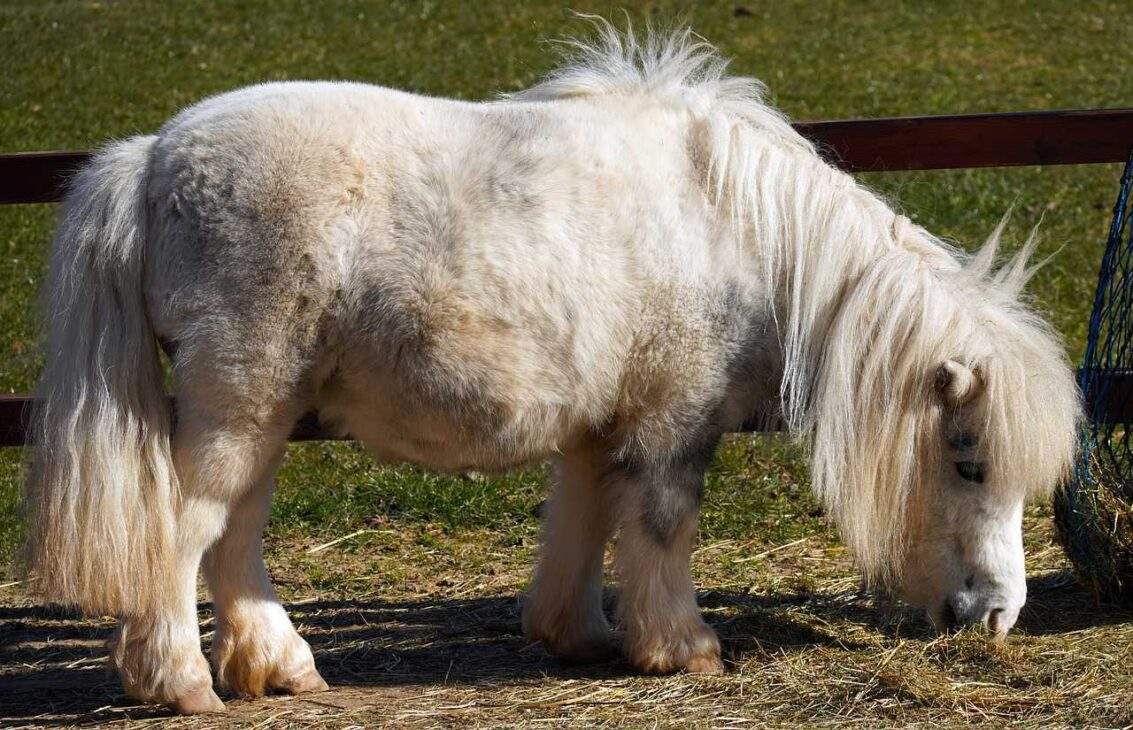
Emotional and Psychological Benefits
Ponies offer more than just physical and practical advantages; they also provide significant emotional and psychological benefits for children and adults alike. Interacting with ponies can be therapeutic, teaching valuable life skills and fostering emotional well-being.
Emotional Bonding
Developing a bond with a pony can have profound emotional effects, particularly for children.
- Confidence Building: Riding and caring for a pony helps children build confidence as they learn new skills and overcome challenges.
- Responsibility: Daily care routines teach responsibility and the importance of routine and discipline.
- Companionship: Ponies offer companionship and unconditional love, which can be comforting and emotionally supportive.
Online Resources:
- Equine Therapy Programs
- PATH International (Professional Association of Therapeutic Horsemanship)
Therapeutic Riding
Therapeutic riding programs use horses and ponies to help individuals with physical, emotional, and developmental challenges.
- Physical Benefits: Riding improves balance, coordination, and strength.
- Cognitive Benefits: Interaction with ponies can enhance cognitive skills through following instructions and problem-solving.
- Emotional Benefits: Therapeutic riding fosters emotional connections, reduces stress, and promotes relaxation.
Online Resources:
- Therapeutic Riding Programs
- Horses for Healing
Social Opportunities
Owning a pony opens up a variety of social opportunities for families. Participation in pony clubs, shows, and community events can enhance social skills and create lasting friendships.
Pony Clubs and Organizations
Pony clubs provide a structured environment for young equestrians to learn, compete, and socialize.
- Education: Pony clubs offer educational programs on riding, care, and horsemanship.
- Competitions: Members can participate in local and national competitions, fostering a sense of achievement and camaraderie.
- Community: Pony clubs create a supportive community where families can share experiences and advice.
Online Resources:
Horse Shows and Events
Participating in horse shows and events can be a rewarding experience for both children and adults.
- Skill Development: Competing helps riders improve their skills and set goals.
- Recognition: Shows provide a platform for recognition and reward for hard work and dedication.
- Networking: Events are an opportunity to meet other equine enthusiasts and industry professionals.
Online Resources:
- Equestrian Events in the US
- Local Horse Shows
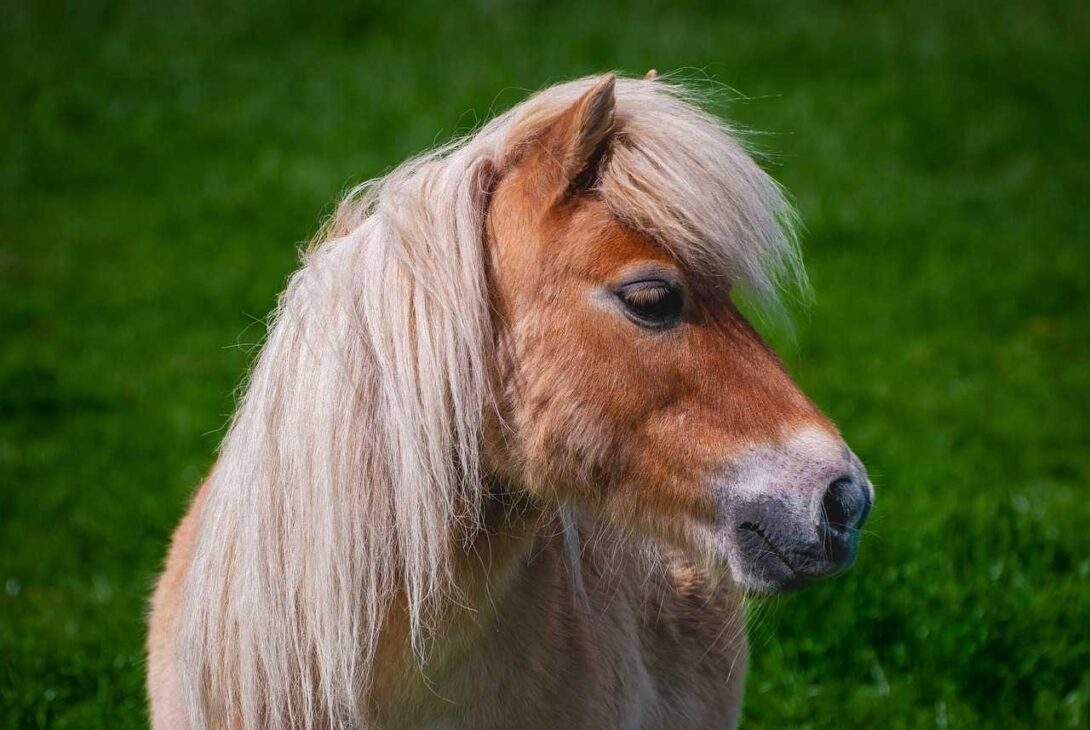
Versatility and Adaptability
Ponies are incredibly versatile and can participate in a variety of activities and disciplines. This adaptability makes them suitable for families with diverse interests and needs.
Versatile Activities
Ponies can be trained for a wide range of activities, making them a great investment for families looking for multiple uses.
- Trail Riding: Ponies are excellent for trail riding, providing a fun and relaxing way to explore nature.
- Dressage: Many pony breeds excel in dressage, showcasing their intelligence and trainability.
- Jumping: Ponies are often used in jumping competitions, offering a challenging and exciting activity for young riders.
Online Resources:
Adaptable to Different Environments
Ponies are adaptable to various living conditions, from rural farms to suburban properties.
- Pasture Management: Ponies can thrive on smaller plots of land with proper pasture management.
- Stabling: Ponies require less space than full-sized horses, making them suitable for smaller stables or barns.
- Travel: Ponies are easier to transport due to their size, facilitating participation in off-site events and activities.
Online Resources:
- Horse Pasture Management
- Stable Management
Educational Opportunities
Owning a pony provides numerous educational opportunities, particularly for children. From understanding animal behavior to learning about biology and ecology, ponies can be a gateway to a wealth of knowledge.
Learning Through Care
Caring for a pony teaches children about biology, anatomy, and the natural world.
- Anatomy and Physiology: Children learn about the pony’s body structure, health needs, and how to care for them.
- Behavioral Science: Observing and interacting with ponies helps children understand animal behavior and communication.
- Ecology and Environment: Managing pastures and understanding the pony’s diet and habitat requirements foster an appreciation for ecology and environmental stewardship.
Online Resources:
- Equine Science
- Horse Care Education
Enhancing Academic Skills
Pony-related activities can enhance academic skills such as reading, writing, and math.
- Reading and Research: Children can improve their reading skills by researching pony care, training techniques, and equine health.
- Writing: Encouraging children to keep a journal or write stories about their pony can enhance their writing skills.
- Math: Measuring feed, calculating costs, and scheduling care routines help develop math skills.
Online Resources:
- Educational Resources for Horse Enthusiasts
- Youth Horse Programs
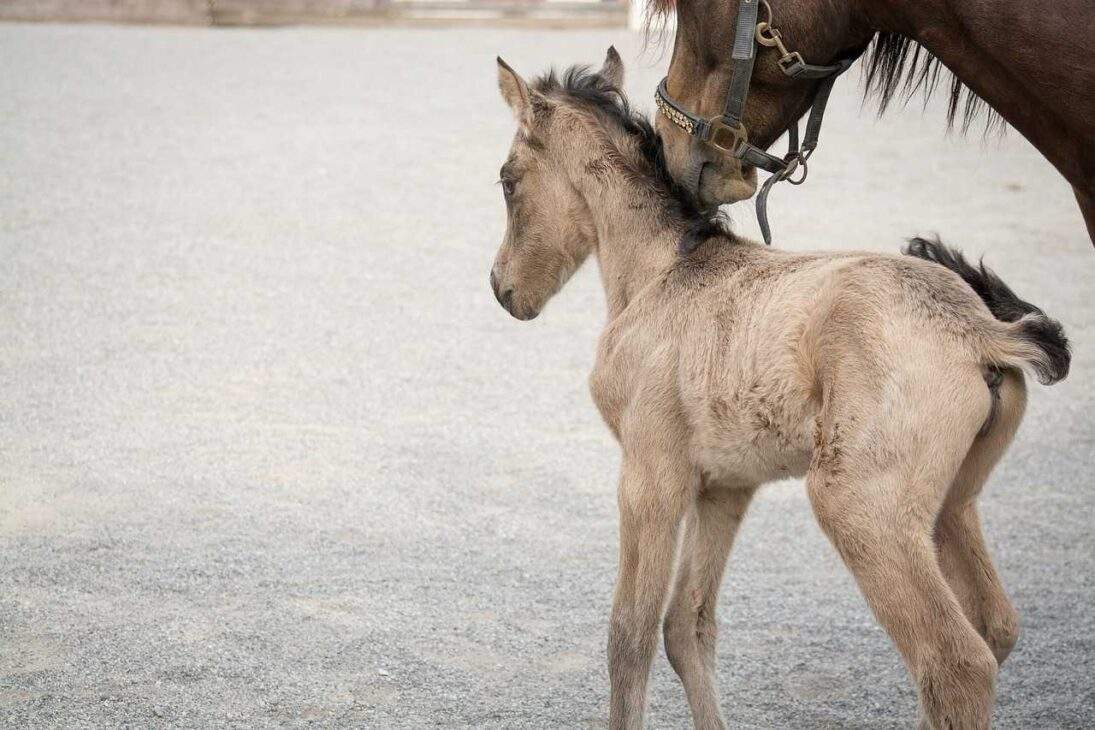
Long-Term Commitment and Lifelong Friendship
Owning a pony is a long-term commitment that can result in a lifelong friendship. The bond between a child and their pony can leave a lasting impression, fostering a love for animals and nature.
Lifespan and Longevity
Understanding the lifespan of a pony is crucial for long-term planning.
- Average Lifespan: Ponies can live well into their 20s or even 30s, offering many years of companionship.
- Aging Care: Older ponies may require specialized care as they age, including dietary adjustments and more frequent veterinary check-ups.
Online Resources:
- Senior Horse Care
- Equine Geriatrics
Building a Lifelong Bond
The relationship between a child and their pony can be deeply fulfilling and educational.
- Trust and Respect: Building trust and respect with a pony teaches valuable interpersonal skills.
- Empathy and Compassion: Caring for a pony fosters empathy and compassion, important traits for personal development.
- Life Lessons: The experience of owning and caring for a pony teaches important life lessons, such as responsibility, patience, and perseverance.
Online Resources:
- Equine-Assisted Learning
- The Benefits of Horse Riding
Pony Power
Ponies offer a unique blend of manageability, affordability, and emotional enrichment, making them ideal companions for families. From practical considerations like low maintenance and cost-effective care to the invaluable emotional and educational benefits, ponies can significantly enhance family life. By exploring the various breeds, care requirements, and opportunities for bonding and learning, families can make an informed decision that will bring joy and fulfillment for years to come.
Further Reading and Resources:
- American Shetland Pony Club
- Welsh Pony and Cob Society of America
- American Connemara Pony Society
- Equine.com
- HorseClicks
- DreamHorse
- International Museum of the Horse
- The Horse Magazine
- Pony Club USA
- Horse Leases
- EquineNow Boarding Facilities
- BoardingStables.com
- United States Pony Clubs
- American Riding Instructors Association
- Equine Financing
- Farm Credit Services
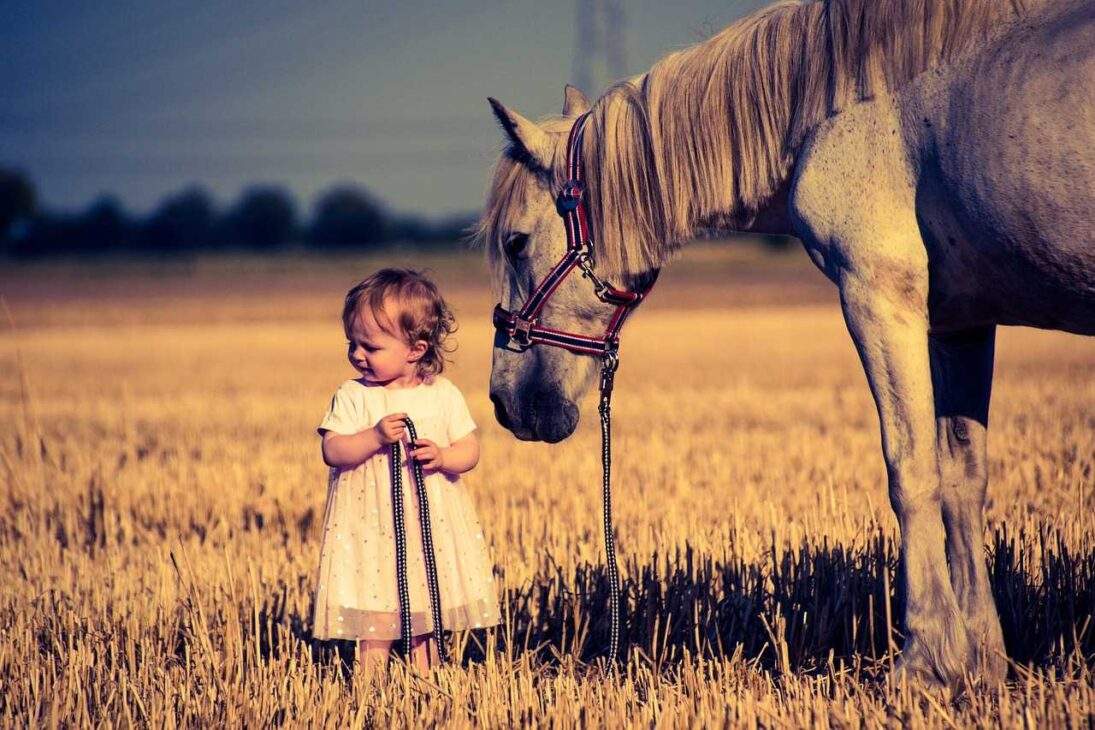
FAQ
1. What are the best pony breeds for children?
Gentle and well-mannered breeds such as Fjord Ponies, Dales Ponies, and New Forest Ponies are excellent for children. They are known for their friendly and calm disposition.
Online Resources:
- Fjord Horse International
- Dales Pony Society
- New Forest Pony Breeding & Cattle Society
2. How much does it cost to buy a pony?
The cost of a pony varies widely based on factors such as breed, age, training, and location. Prices typically range from $1,000 to $5,000, but can go higher for well-trained or rare breeds.
Online Resources:
3. What is the average lifespan of a pony?
Ponies generally live longer than horses, with an average lifespan of 25 to 30 years. Proper care and regular veterinary check-ups can help them live even longer.
Online Resources:
- Senior Horse Care
- Equine Geriatrics
4. What are the key differences between ponies and horses?
Ponies are smaller than horses, typically standing 14.2 hands or shorter at the withers. They also have thicker manes, tails, and coats, and tend to be hardier and more durable.
Online Resources:
- International Museum of the Horse
- The Horse Magazine
5. How can I finance the purchase of a pony?
Financing options include payment plans through breeders, personal loans from financial institutions, and grants or scholarships from equestrian organizations.
Online Resources:
- Equine Financing
- Farm Credit Services
6. What should I look for in a pony boarding facility?
Key factors to consider include location, services offered (such as full-care boarding and training), facility reputation, and the quality of care provided.
Online Resources:
7. How do I know if a pony is right for my child?
Consider your child’s age, experience level, and interest in riding. A gentle, well-trained pony suited for beginners is usually the best choice for young riders.
Online Resources:
8. Can ponies be kept in smaller spaces compared to horses?
Yes, ponies require less space than horses, making them suitable for smaller stables or barns. Proper pasture management and stabling are still essential.
Online Resources:
- Horse Pasture Management
- Stable Management
9. Are ponies suitable for trail riding?
Yes, ponies are excellent for trail riding due to their sure-footedness and stamina. They provide a fun and engaging way to explore nature with the family.
Online Resources:
10. What are the benefits of therapeutic riding with ponies?
Therapeutic riding can improve physical, cognitive, and emotional health. It helps with balance, coordination, confidence, and provides emotional support.
Online Resources:

